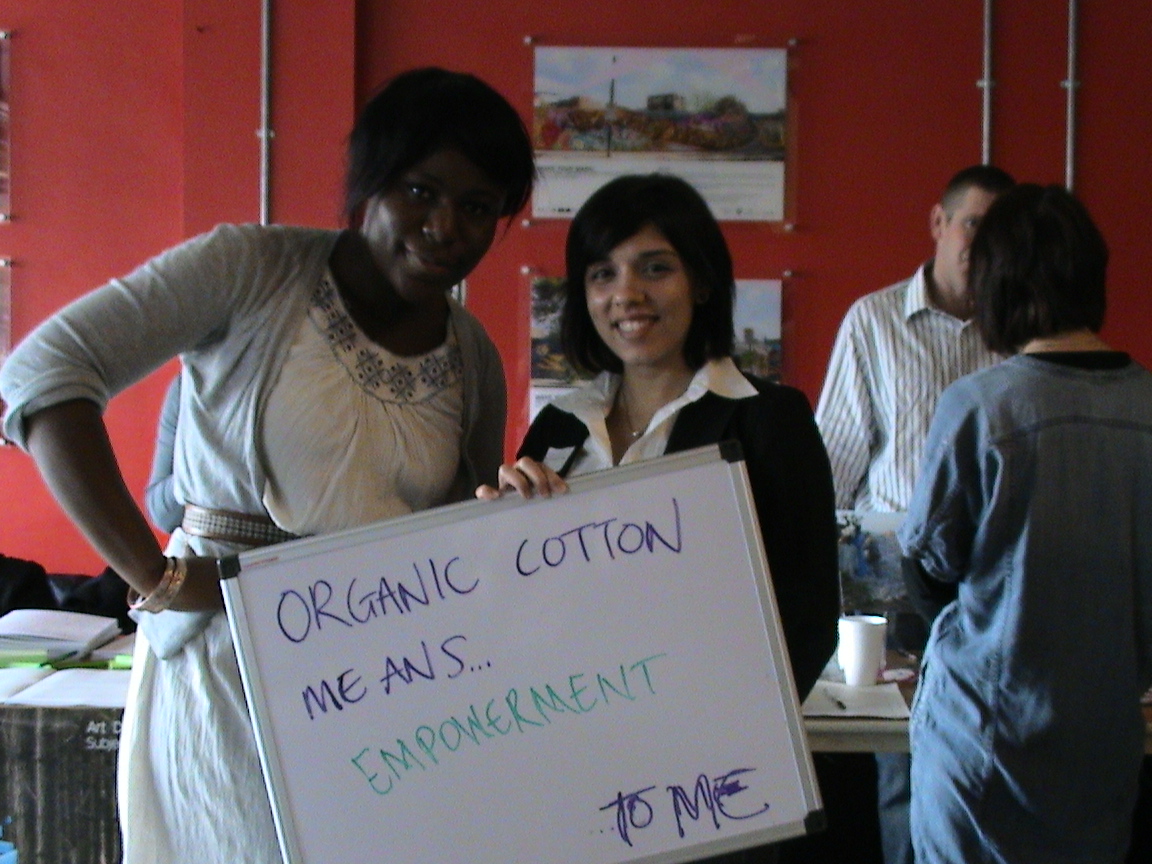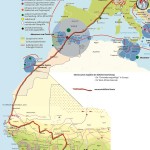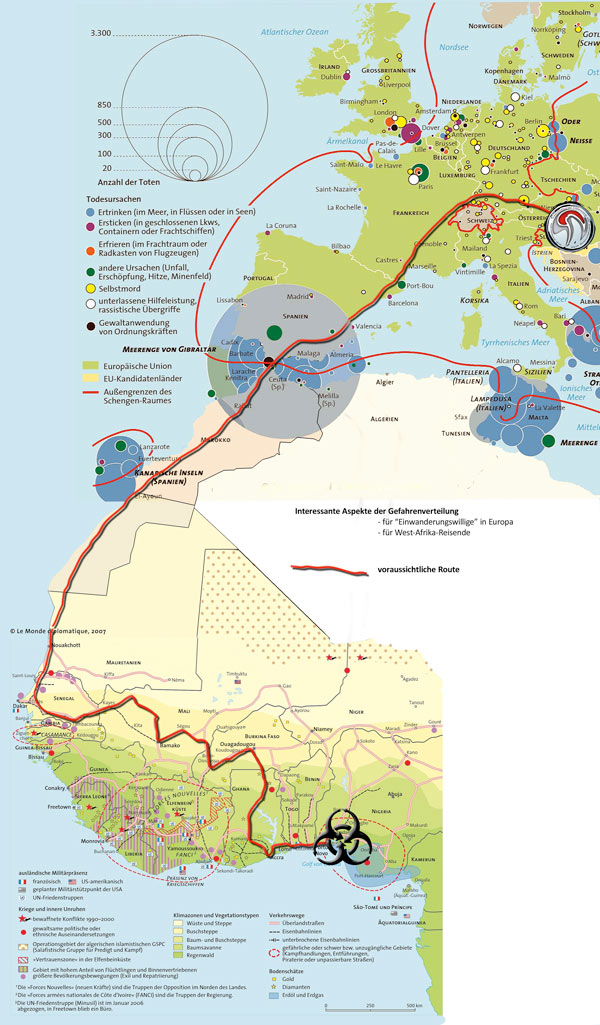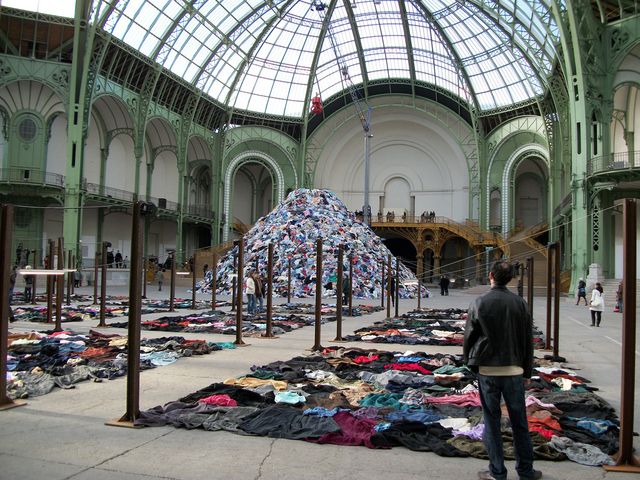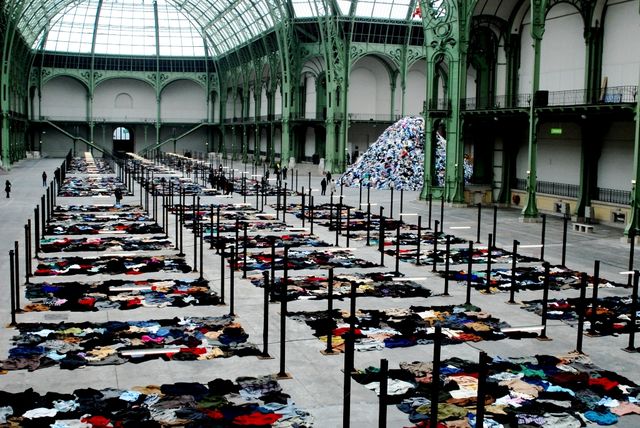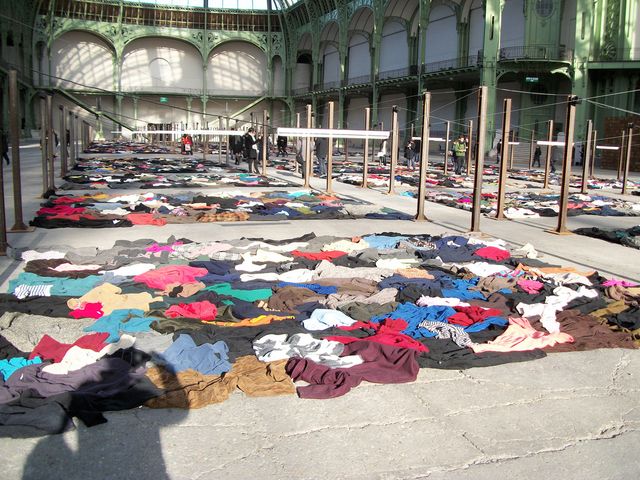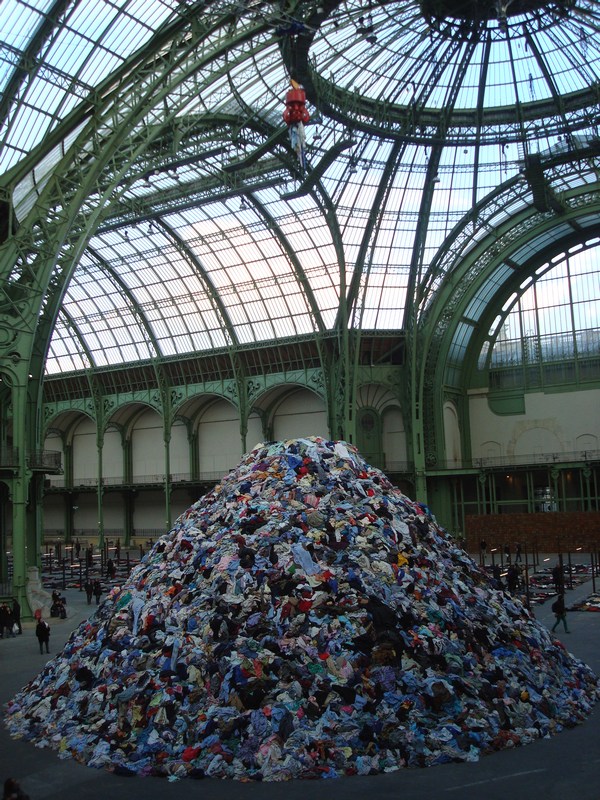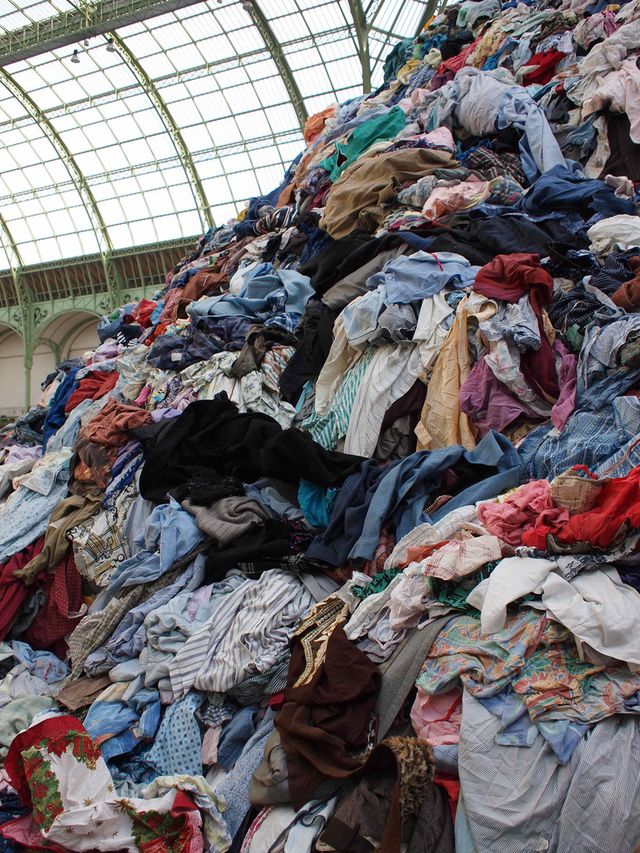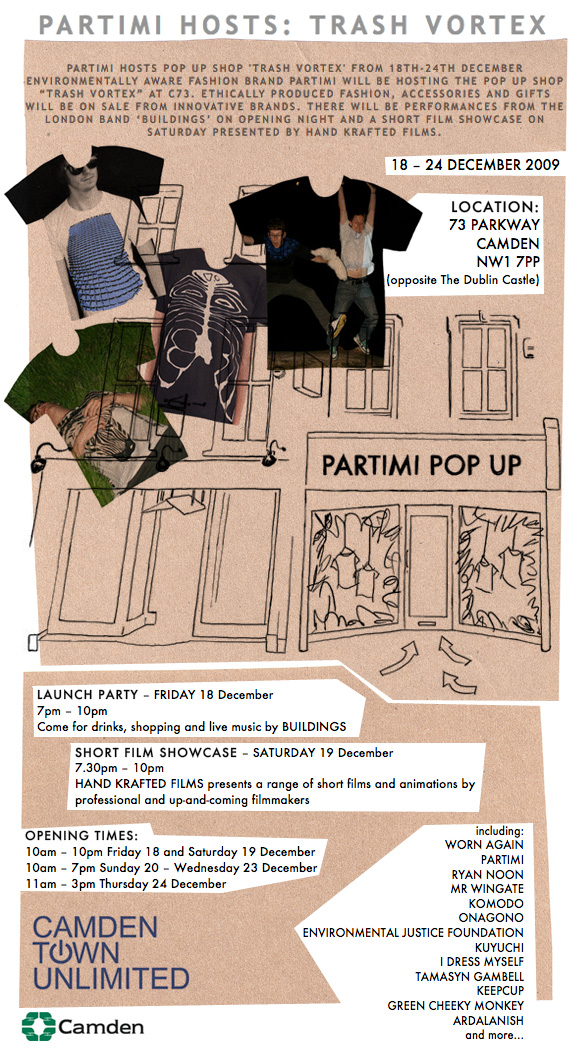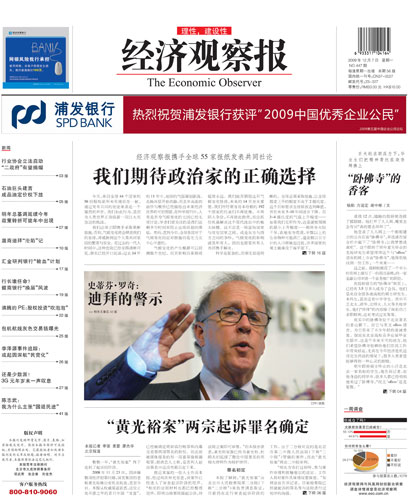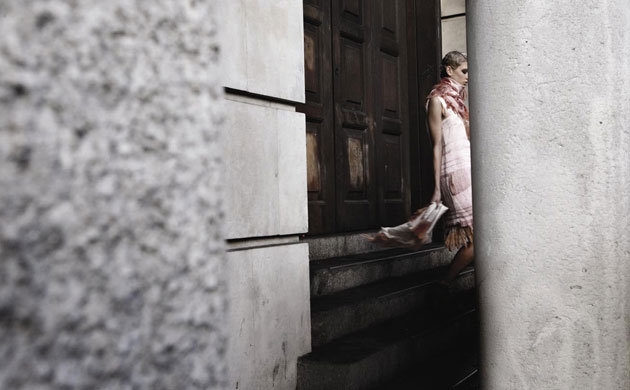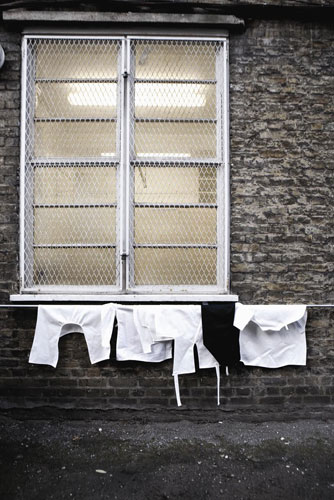
The Ethical Sourcing Forum is a unique industry event that brings together members of the global sustainability community in order to address emerging sustainability and ethical supply chain challenges.
Here is the Agenda (subject to change):
Day 1: Thursday, March 18th, 2010.
7:45 AM – 8:30 AM: Registration & Breakfast
8:30 AM – 9:15 AM: Welcome Note and ESF Community Poll Findings
What are YOUR top sustainability issues and management challenges? (Kathrin Bohr, Director, ISS Advisory Services)
9:15 AM – 10:30 AM: ‘VISUALIZE’ Panel Discussion
The Arc of Sustainability Progress: What have we achieved, where are we going and where do we need to be?
- David Schilling, Program Director for Human Rights at Interfaith Center on Corporate Responsibility (Moderator)
- Matt Kistler, SVP Sustainability, Walmart
- Linda Yanz, Director, Maquila Solidarity Network
- Stephen Howard, CEO, Business in The Community
- Amy Hall, Director of Social Consciousness, Eileen Fisher
- International Labor Affairs Bureau, U.S. Department of Labor
10:30 AM – 10:45 AM: Spotlight on Innovation: Walmart’s Sustainability Index
- Matt Kistler, SVP Sustainability, Walmart
10:45 AM – 11:00 AM: Coffee Break/ Networking
11:00 AM – 1:00 PM: RE-THINK LABS
Mini-Lab 1: Social Networking for Effective Stakeholder Engagement
(Kevin Long, Co-Founder, JustMeans & Brian Walsh, Head of Global Social Engagement, Liquidnet for Good)
Mini Lab 2: Collaboration: Potential and Pitfalls
(Scot Sharland, Executive Director, Automotive Industry Action Group & Monique Oxender, Global Manager, Supply Chain Sustainability, Ford Motor Company)
Mini Lab 3: Role of investment in driving CSR progress
(Garry Bell, VP Global Marketing for Gildan Activewear & Curtis Ravenel, Analyst at Bloomberg)
Mini Lab 4: Measuring and Reporting Environmental & Social Impacts
(TBC)
1:00 PM – 2:15 PM: Lunch
Joe Sibilia, Chief Visionary Officer of CSRWire and David Mager, President, Major Environmental Solutions and Co-organizer of Earth Day preview their new book: Street Smart Sustainability – The Entrepreneurs Guide to Profitably Greening Your Organization’s DNA
2:15 PM – 4:15 PM: RE-THINK LABS
Mini-Lab 5: New Models for Sustainable Purchasing and Factory Compliance (Amy Hall, Director of Social Consciousness, Eileen Fisher & Julie Yan, Manager, Hudson Bay Company)
Mini Lab 6: New Approaches to Factory Compliance
(Marie David, Director, Corporate Strategy & Sustainability, Walmart)
Mini Lab 7: Transparency in Supply Chain (Chuck Goncalves, Director of Global Responsibility for the America’s Region, Gap)
Mini Lab 8: Managing Supply Chain Environmental Risk: ” Both Win” Tools and Approaches (Jia Liu, Intertek Sustainability Solutions with Supplier (TBC), moderated by The Home Depot)
4:15 PM – 4:30 PM: Coffee Break/ Networking
4:30 PM – 5:30 PM: Panel Disussion: What Combination of Strategy and Tactics Really Drives CSR Progress?
- Moderator: NY Bureau Chief, major international magazine (To be confirmed)
- Genevieve Taft, Global Workplace Rights, The Coca-Cola Company
- Sherlyn Broderson, Ethical Sourcing and Sustainability Manager, Cadbury
- Frank Rexach, VP and General Manager, Haworth
- Judi Kovacs, VP EHS Programs, NBC Universal
5:30 PM – 7:00 PM Cocktail Reception
Day 2: Friday, March 19th, 2010
8:00 AM – 8:30 AM: Breakfast
8:30 AM – 9:00 AM: Keynote Presentation
TBC
9:00 AM – 10:00 AM: Presentation: Child/Forced Labor Preview of New Anti-Child/Forced Labor Supply Chain Management Criteria
CREA (Center for Reflection, Education and Action) will preview its work on developing ethical supply chain management criteria (contracted by the U.S. Dept. of Labor)
10:00 AM – 10:15 AM: Coffee Break/ Networking
10:15 AM – 12:15 PM: SOLUTION LAB – Backcasting: Developing Your Sustainable Roadmap
A hands-on collaborative sustainability decision-making / solution session involving the technique of reframing – a model for examining challenges from multiple stakeholder vantage points in order to uncover previously unseen perspectives and decision paths.
12:15 PM – 1:45 PM: Lunch/ Closing Remarks
Source: Ethical Sourcing Forum Agenda
Title: Ethical Sourcing Forum North America 2010
Location: New York
Link out: Click here
Start Date: 2010-03-18
End Date: 2010-03-19
